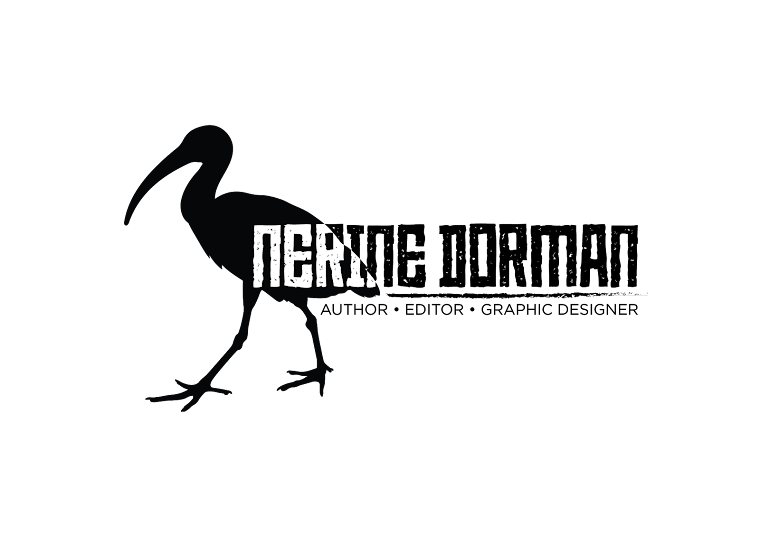Gosh. I'm not even sure where to begin with summing up The Quality of Mercy by Siphiwe Gloria Ndlovu, because there is so much to unpack, but I'll give it a good shot. Even though this is the third book in a trilogy, and I read it without reading the previous two, I didn't suffer for not having the back story – it works well as a standalone. And although this is not a long book, it is a big book – in terms of the may threads, the characters, and the subjects covered.
Events play out in a fictitious country that many southern Africans will relate to and recognise aspects of, and we encounter a large cast of characters who are connected by a common thread, more often than not in some way the enigmatic Emil Coetzee, whom we learn at the start has walked into the bush without his gun and his hat. So many lives in this story are defined by their interactions with this man, and almost all of them have been unsatisfying, offering us many flawed views of a man who remains a mystery. Who is the real Emil Coetzee? Ndlovu allows us to make up our own minds, based on how others frame him.
We chiefly follow the story of the police officer Spokes Moloi, who although he would like nothing more than to retire and live out his remaining years with his wonderful wife Loveness, he is haunted by an unsolved case – the murder of a young woman many years ago. Moloi is a man of great integrity, which he soon learns that it may not be enough to see things through to the end, when he encounters people who most certainly lack this virtue. (Thereby illustrating an age-old problem we face within southern Africa.)
All throughout, Ndlovu paints out seemingly random encounters, she magically weaves these back into the main narrative, with lives connecting in often surprising ways (and with great depth for all characters, good, grey, and not so good). Ndlovu shows that she understands the enormous complexity of a multicultural society grown out of the ashes of post-colonial times into something new, something deeply complex.
Her prose is lush and compelling, and she proves herself to be a keen observer of human nature, all blended together in a way that is almost cinematic in its approach to scenes and interactions. Touches of magical realism add a surreal edge to the narrative, that at times reminded me somewhat of Mikhail Bulgakov's Master and the Margarita – maybe because like Bulgakov's work, The Quality of Mercy is also incredibly difficult to define. There are, I feel, some elements of satire and occasional sly humour, but these are tempered with a fresh authenticity of voice and great compassion for the characters and subject matter treated.
If I have to say that there is one novel I've read this year that stands head and shoulders above all the others, then this is it. And if you're yet to read any fiction by an African author, you can most certainly start here.



